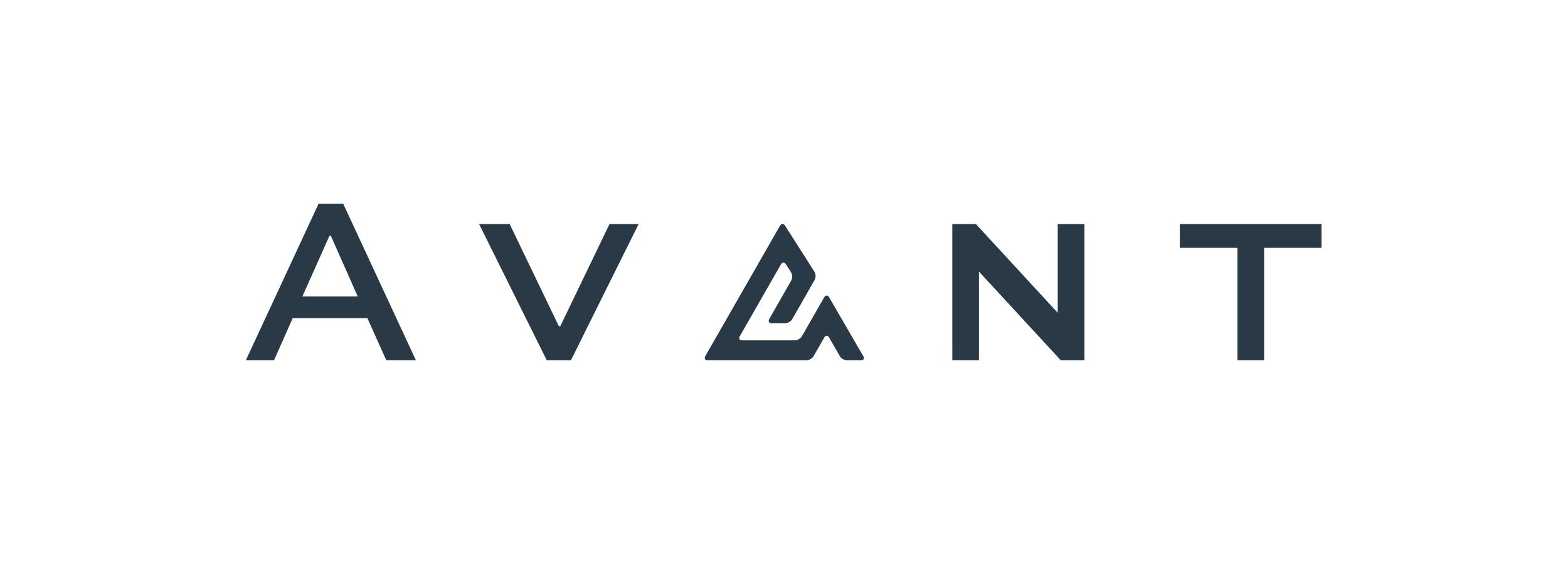Business term loans provide a lump sum of cash upfront, paid with interest in fixed monthly or weekly installments. Short-term business loans have repayment terms of a few months to a year or more and are commonly available from online lenders. Long-term business loans, usually offered by traditional brick-and-mortar banks, can last as long as 10 years.
Best small business loans of 2023
Personal loan lenders at a glance

Best for same day credit approval
| APR range | 7.99% - 35.99% |
| Loan amounts | $5,000 - $50,000 |
| Term (months) | 24 to 60 |
| Origination fee | 1.99% - 6.99% |
| Min. credit score | 620 |
| Pros | Cons |
|---|---|
|
Competitive interest rates (7.99% - 35.99%) Same-day credit approval Offers multiple interest rate discount options |
High minimum borrowing amount of $5,000 May take up to 72 hours to receive funds after approval Charges origination fee of 1.99% - 6.99% |
- Proof of income
- Social Security number
- Proof of identity
- Employment status

Best for same day credit approval
| APR range | 7.99% - 35.99% |
| Loan amounts | $5,000 - $50,000 |
| Term (months) | 24 to 60 |
| Origination fee | 1.99% - 6.99% |
| Min. credit score | 620 |
| Pros | Cons |
|---|---|
|
Competitive interest rates (7.99% - 35.99%) Same-day credit approval Offers multiple interest rate discount options |
High minimum borrowing amount of $5,000 May take up to 72 hours to receive funds after approval Charges origination fee of 1.99% - 6.99% |